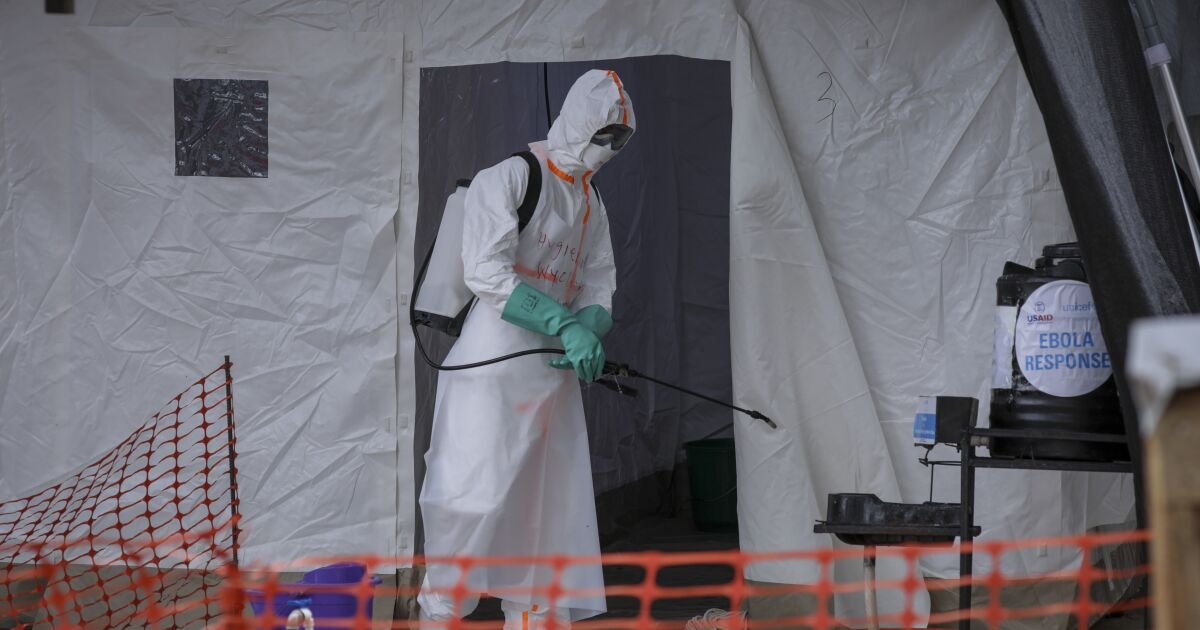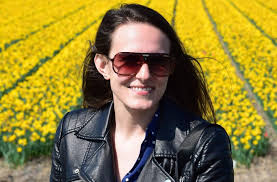WHO: Ebola vaccines will arrive in Uganda next week

The Director-General of the World Health Organization, Tedros Adhanom Ghebreyesus, said on Wednesday that he expects the first doses of the vaccine against the Ebola strain responsible for the outbreak in Uganda to arrive in the country next week.
Tedros said an expert panel set up by the agency had evaluated three experimental Ebola vaccines and decided they should all be tested in Uganda as part of the research required before they can be licensed.
“We expect the first doses of vaccines to be shipped to Uganda next week,” Tedros said, adding that officials have already confirmed 141 cases in the current outbreak, including 55 deaths. It is the first outbreak of the Ebola strain in Sudan in Uganda in more than 10 years.
Efforts to reduce Ebola in Uganda have been highly successful, the WHO chief said, with two districts reporting no cases in 42 days, double the maximum incubation period, suggesting the virus is not really present there.
However, he noted that the Ninth Precinct reported its first case last week.
The World Health Organization said government officials and partners are tracing more than 1,000 contacts of people infected with the Ebola virus, which spreads mainly through close contact with bodily fluids. The agency estimates the current fatality rate at about 40%.
Although there is an effective vaccine against the Zaire strain, the Sudan strain is less common, and the search for a potential vaccine against it is not advanced. The Zaire strain of Ebola virus has caused several outbreaks in the Democratic Republic of the Congo in recent years and also a catastrophic outbreak in 2014 that killed more than 11,000 people in West Africa.
However, WHO chief of emergencies Dr. Mike Ryan said the outbreak in Uganda could likely be brought under control even without vaccines.
“We can stop this outbreak based on the current operations,” he said. “But it’s clear that the vaccines will help in the long term.” He acknowledged that the low number of cases could present an even greater challenge to testing experimental Ebola vaccines that work, as they may not have enough people to gather the necessary information.
“It’s better for us to work on generating evidence, rather than trying to guess the evolution of the outbreak,” said Dr. Ana Maria Henao-Restrepo, a vaccine expert with the World Health Organization.
A few days ago, the vaccine alliance Gavi signed an agreement with Merck for 300,000 doses of its Ebola vaccine candidate for research and other purposes.

“Professional problem solver. Subtly charming bacon buff. Gamer. Avid alcohol nerd. Music trailblazer.”




:quality(75)/cloudfront-us-east-1.images.arcpublishing.com/elcomercio/6NEH6FMKYBCU7JJWZ5GVRZKTRM.jpg)
/thumbs.vodgc.net/1-14-FnXFWZ1684253239488_1080P.jpg)

